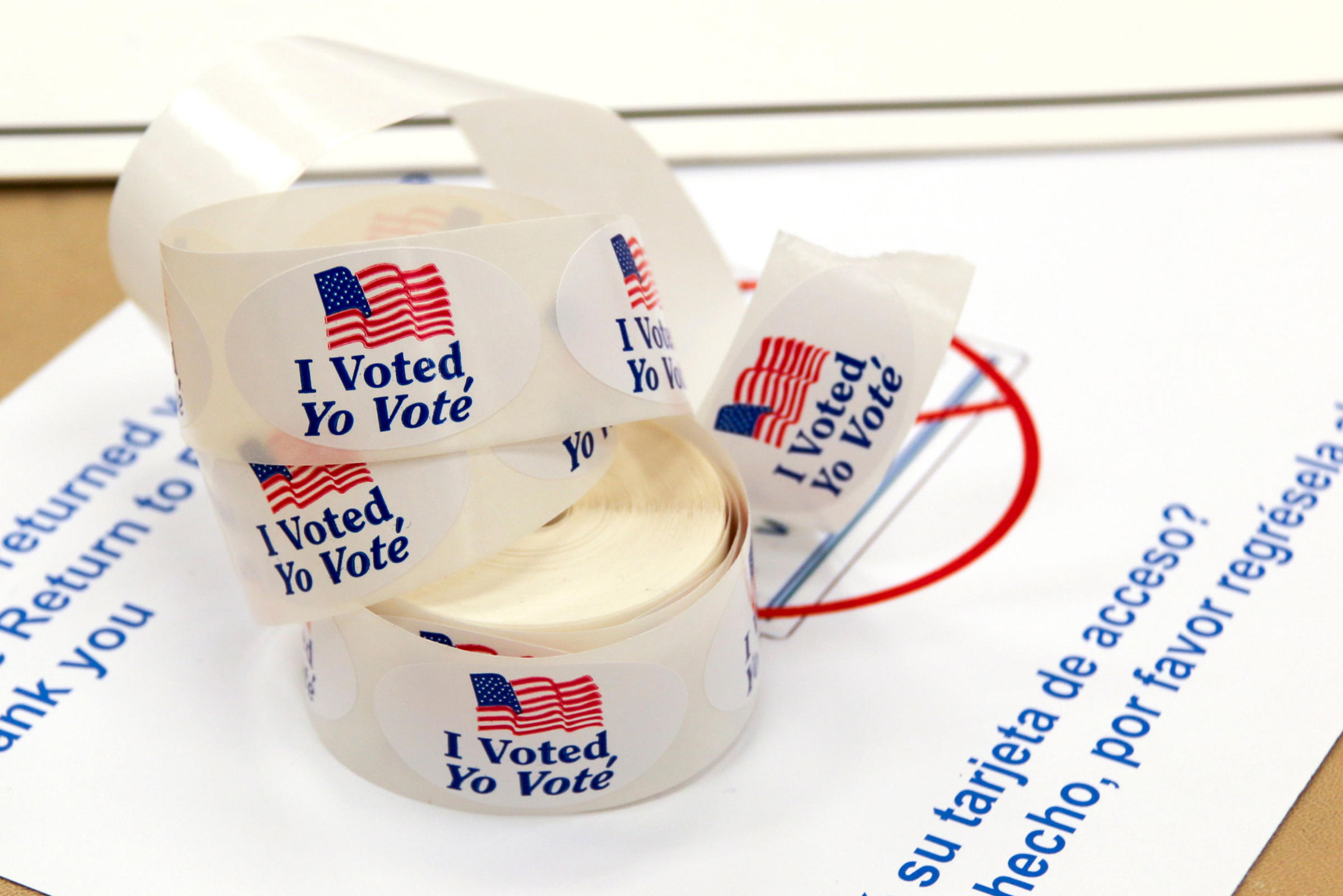On Thursday, November 4th, the United States Justice Department sued the state of Texas over their voting restriction law that was put into place by Texas Republican Governor Greg Abbott in September. This law, named the SB1 law, imposed seven major restrictions on voting accessibility for the citizens of Texas. The restrictions are as follows: firstly, a ban was imposed on 24-hour voting, making all counties follow a strict 6 a.m. to 10. p.m. voting hour schedule; A ban was placed on the drive through voting that allowed 127,000 people to vote via ten drive through voting centers around the state; New vote by mail ID mandates were placed, switching the current signature matching identification process with a multi-step ID and social security matching process; It is now a felony for public officials to send out a mail in ballot to someone who did not request it; More freedom was given to poll watchers to be able to observe more than before; Assisting voters who need help being able to cast their vote has now become a more extensive process, making it harder for disabled or out of state citizens to be able to cast votes; Finally, monthly checks will be required of the Texas Secretary of State’s office to ensure all voters are citizens of Texas.
The Justice Department has ruled this law unjust for many reasons. The DOJ states that this law restricts the rights of voters who are not fully proficient in English, deployed military members, and overseas votes. This law has also restricted accessibility for those who are unable to make it to the polls themselves, for whatever reason that may be. President Joe Biden said to the press in late October that this is “The greatest assault on voting rights in the history of the United States… since the Civil War.” State Democrats along with the Biden administration have been trying to put restrictions on the filibusters that have been weaponized to oppose voting rights laws.
This law was put in place among other voting restriction laws in majority republican states after the claims of voter fraud from the 2020 election. The republican party in Texas believes that these impositions will cut voter fraud down exponentially and make voting a more even and just process. On Wednesday, the 3rd, state republicans shot down the John Lewis Voting Rights Act in a 49-50 vote. This bill would have reinstalled key aspects of the Voting Rights Act, established in 1965. This bill being blocked was what could have triggered the Department of Justice to finally act.
Citizens of Texas are fairly offput by the law, with its many hurdles that have made it harder to cast a ballot. The state of Georgia was also sued earlier this year for similar voting rights violations. Georgia citizen who goes to SLU, Graham Paquette states that he was “disappointed and mad” about the restrictions imposed. Though he was not directly affected, he said that “it affected my family and was more of a nuisance than anything.” His twin brother, Lawson Paquette said about the issue that “I’m sure people in Texas are facing the same restrictions. It’s pretty unfair actually.”



